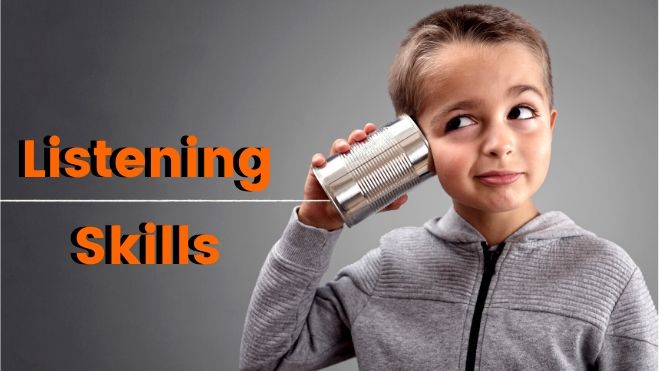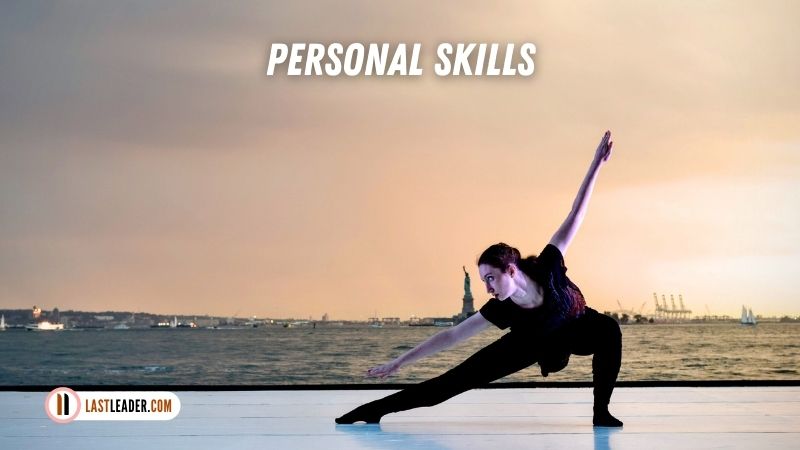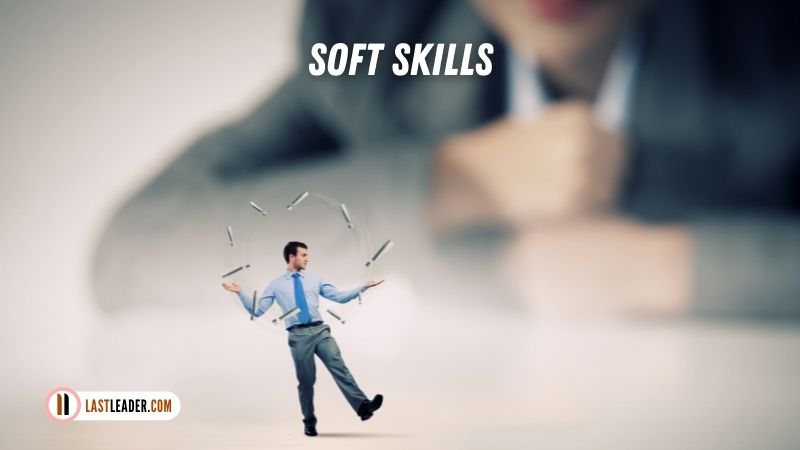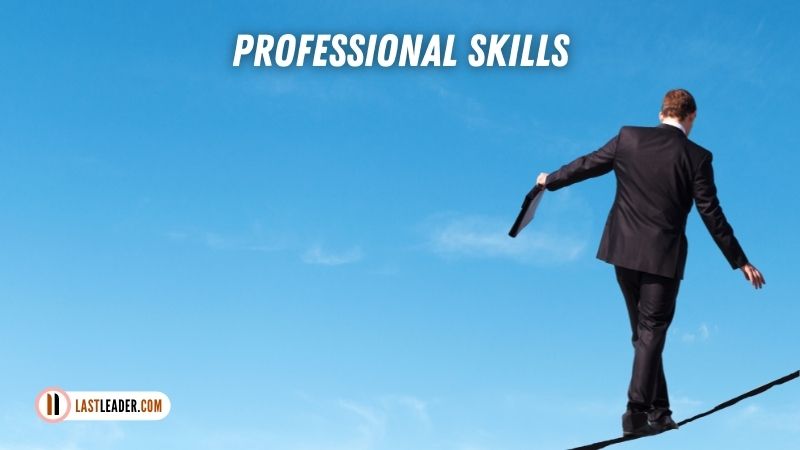What is Listening?
Listening is the ability to correctly receive and interpret messages from the communication procedure.
Listening is vital to all successful communication. Without being able to listen effectively, messages may be misunderstood. Because of this, communication breaks down and the sender of this message could quickly become irritated or frustrated. Here the Importance of Listening Skills comes.
If you want one communication skill to aim to master, then it should be listening.
Listening is so significant that lots of top companies supply listening skills training to their workers. This isn’t surprising once you consider that fantastic listening skills may result in better customer satisfaction, higher productivity with fewer errors, and enhanced sharing of data that subsequently may result in more creative and innovative work.
Effective listening is a skill that underpins all human relationships that are positive. Spend some time considering and creating your listening skills — they’re the building blocks of success.
Great listening skills have advantages in our private lives, such as:
A larger quantity of friends and social networks, enhanced self-esteem and assurance, higher levels at college and at academic work, and better health and standard well-being.
Studies have proven that, whereas talking raises blood pressure, careful listening could bring it all down.
Listening vs Hearing
| Hearing describes the noises that go into your ears. It’s a physical process that, as long as you don’t have any hearing issues, occurs automatically. | Listening, however, requires more than this: it demands focus and focused effort, both psychological and sometimes physical also. |
Listening means paying attention not just to the narrative, but how it’s told, the usage of voice and language, and the way the other individual uses their entire body. To put it differently, it means being conscious of both nonverbal and verbal messages. Your ability to listen effectively is contingent upon the level to which you perceive and comprehend these messages.
Listening isn’t a passive procedure. In reality, the user can, and should, be as engaged in the procedure as the speaker. The term’active listening’ can be used to describe this practice of becoming completely involved
The most basic and effective way to connect with another individual is to listen to. Just listen. Perhaps the most important thing we ever give each other is our attention.
Dr. Rachel Naomi Remen
We invest a Good Deal of Time Listening
Adults spend an average of 70 percent of the time engaged in some kind of communication.
Of this, the study indicates that a mean of 45 percent is spent listening compared to 30% talking, 16% studying, and 9% composing. It’s worthwhile, therefore, taking a little bit of additional time to make sure you listen efficiently.
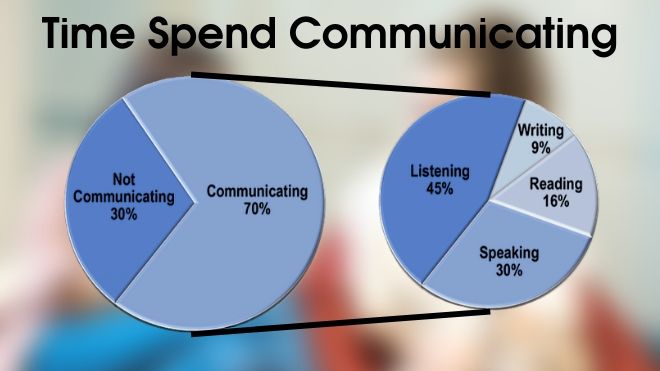
The Objective of Listening
There is absolutely not any doubt that listening is a very important life skill. Why is listening important?
Listening functions a variety of potential functions, and also the objective of listening will be contingent on the situation and the essence of the communicating.
Importance of Listening Skills:
- To especially concentrate on the messages being conveyed, preventing distractions and preconceptions.
- To acquire complete and accurate comprehension of the speaker’s point of view and thoughts.
- To critically evaluate what’s being said.
- To discover the non-verbal signs accompanying what’s being said to boost comprehension.
- To reveal attention, worry, and concentration.
- To come up with a selflessness strategy, putting the speaker first.
- To reach a shared and agreed comprehension and approval of the two sides’ viewpoints.
- To encourage the speaker to communicate openly, fully, and honestly.
Frequently our principal concern whilst listening would be to invent approaches to react. This isn’t the purpose of listening. We need to make an effort and concentrate entirely on what’s being said and how it’s being said to be able to fully comprehend the speaker.
Effective listening requires concentration and the use of your other senses – not just hearing the words spoken.
Listening isn’t the same as hearing and also so as to listen effectively, you want to work with more than your ears.
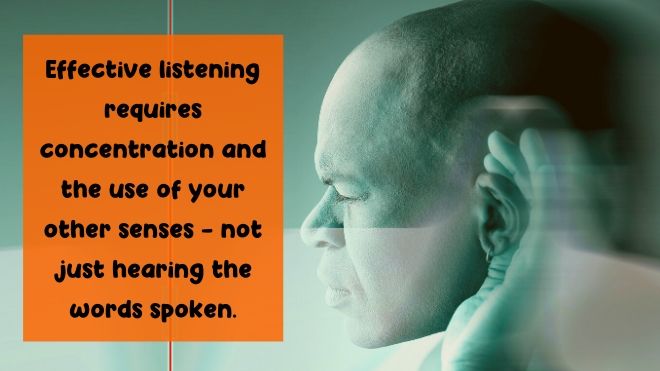
Barriers to Effective Listening
To enhance the procedure for listening, it can be of help to turn the issue on its head and look at obstacles to effective listening, or even unsuccessful listening.
By way of instance, one common issue is that rather than listening intently to what somebody is saying, we frequently get diverted after a sentence or two and rather begin to consider what we will say in response or consider unrelated matters. It follows that we don’t completely listen to the remainder of the speaker’s message.
This issue is credited, in part, to the gap between the ordinary speech rate and normal processing speed. It’s a frequent habit for the gamer to utilize the spare time whilst listening to music or think about anything else, instead of focusing on what the speaker is saying.
Naturally, the clarity of the speaker is saying may also impact how well we hear to.
Generally, we find it a lot easier to concentrate if the speaker is eloquent in their own speech, has a comfortable accent, also speaks in a suitable loudness for your circumstance. It’s more challenging, as an instance, to concentrate on someone who’s talking extremely fast and quite quietly, particularly if they’re conveying complicated information.
We might also get diverted by the speaker’s personal appearance or from what somebody else is saying, which seems more intriguing.
These problems do not just affect you personally, but you’re very likely to display your lack of focus within your own body language.
Generally, we find it a lot more difficult to control our own body language, and you’re very likely to demonstrate your diversion and/or absence of attention by lack of eye contact, or posture. The speaker will discover the issue, and probably quit speaking at best. At worse, they might be rather offended or angry.
Ultimately, it’s important not to leap to conclusions about what you see. You always need to look for clarification to make sure your understanding is accurate.
Next Reads: How to increase the Power of Observation? Extremely Important Skill
